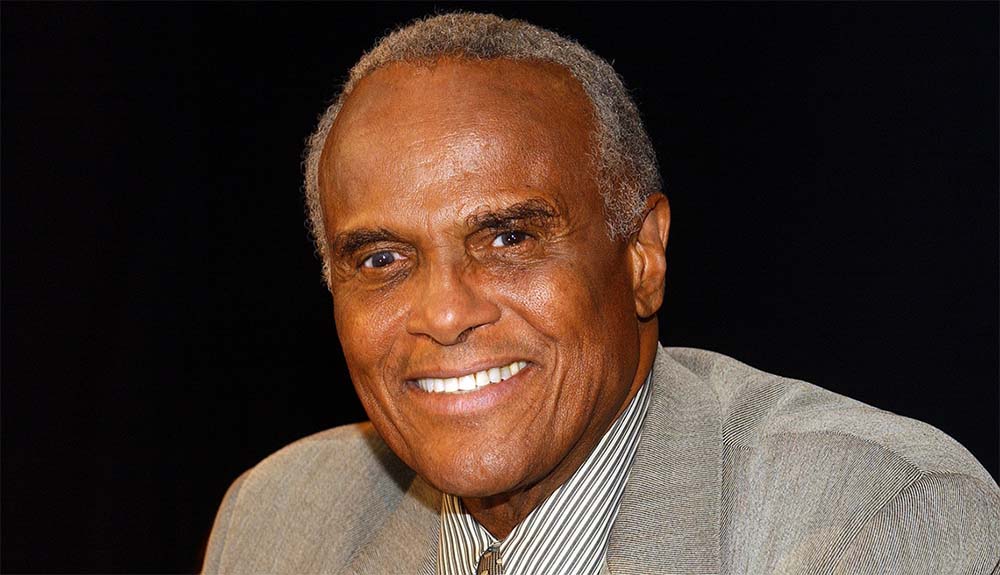Actor, singer, and activist Harry Belafonte passed away earlier this month at the age of 96. Born Harold George Bellanfanti Jr in 1927 in Harlem, New York, he was the son of Jamaican immigrants of Scottish, Dutch-Jewish, and African descent
Shared from/By Mark Savage
BBC Music correspondent
Harry Belafonte, the singer and actor who smashed racial barriers in the US, has died at home in Manhattan, aged 96.
One of the most successful African-American pop stars in history, he scored hits with Island In The Sun, Mary’s Boy Child and the UK number one Day-O (The Banana Boat Song). But his greatest achievements were as a campaigner for black civil rights in the US. He died of congestive heart failure, said his spokesman Ken Sunshine.
His wife Pamela was by his side.
Harry Belafonte obituary: An icon of music, film and civil rights
Oprah Winfrey was among the first to pay tribute, remembering Belafonte as “a trailblazer and a hero to us all”.
“Thank you for your music, your artistry, your activism, your fight for civil rights and justice,” she continued. “Your being here on Earth has blessed us all.”
“We just have to thank God that we had Harry Belafonte for 96 years,” said singer-songwriter John Legend, who counted Belafonte as a friend and mentor.
“He used his platform in almost a subversive way, because he would sneak messages in there, revolutionary messages, when people thought he was just singing about good times.”
“He gave so much, lived through so much [and] helped us grow so much as a nation and as a world.”
Multi-million seller
Often dubbed the King of Calypso, Belafonte was born in Harlem, New York, in 1927, the son of poor Caribbean immigrants.
A high school drop-out, he joined the Navy during the Second World War, working as a munitions loader at a base in New Jersey.
After the war, he pursued his dream of becoming an actor, studying drama at Erwin Piscator’s famed Dramatic Workshop alongside the likes of Marlon Brando, Walter Matthau and Tony Curtis.
He paid for the classes by singing at New York clubs, where he was backed by groups that included Miles Davis and Charlie Parker.
That led to a recording contract and, in a search for material, Belafonte began to study the folk song archives at the US Library of Congress, alighting on the Calypso music his parents had grown up with.
It proved to be a wise move. The handsome young star sparked a fad for the genre with songs like Jamaica Farewell and Day-O (a song about Caribbean dock workers), both of which featured on his third album, Calypso.
Released in 1956, it topped the Billboard charts and was said to be the first album by a solo artist to sell more than a million copies in the US.
Belafonte was married three times. He and his first wife Marguerite Byrd had two children, including actress-model Shari Belafonte. He also had two children with second wife Julia Robinson, a former dancer.



